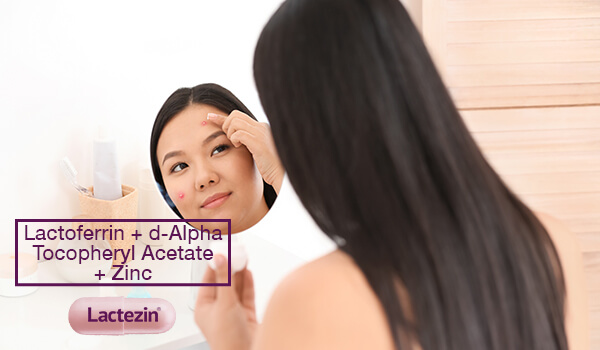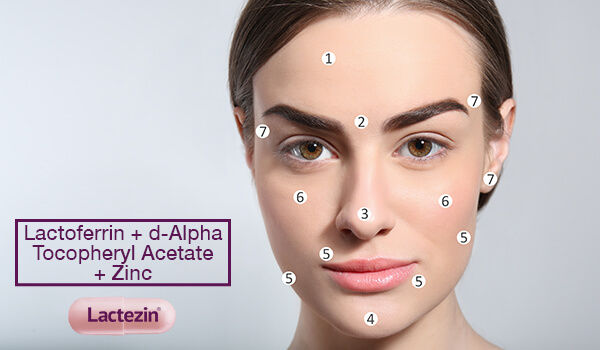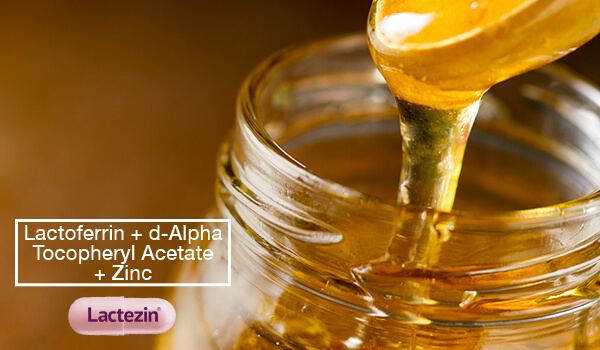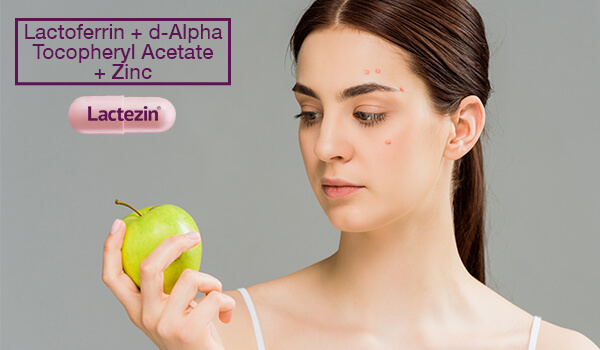5 Pro Tips for Doing Home Remedies for Pimples

In the quest for clearer skin, you may have encountered a lot of advice on home remedies for pimples. There is a whole community devoted to this type of skincare and admittedly, it can look very promising. After all, who doesn’t want their acne to clear up just by using common ingredients found in the kitchen or bathroom?
But this age of information is also called the age of disinformation for a reason– not everything you read online is what it’s made out to be. Some of these home remedies do have some basis to them but since you’re already dealing with troublesome skin, it wouldn’t hurt to err on the side of caution when it comes to trying these solutions.
Back to basics: what causes acne?
The best way to approach acne, or any other skin concern for that matter, is to know how and why it occurs.
Acne occurs when your pores get clogged with oil and dead skin cells. Typically, these dead skin cells should flake off after they rise to the surface of the skin but when you produce excess oil, they clump together with the dead skin cells and form a plug that blocks your pores. The bacteria that lives on your skin also join the mix. When the bacteria becomes part of the clog, it causes the inflammation and redness associated with pimples. These pimples may develop a whitehead or become cystic, depending on the number of bacteria and inflammation.
Aside from this, there are other lesser known causes of acne that include habits and poor lifestyle choices we don’t really think about.
Tips before trying home remedies for pimples
DIY home skincare is actually a long-standing tradition in many cultures around the world and is still going strong with the current green beauty movement. Many beauty bloggers have posted their own recipes for homemade acne skincare, which you may have stumbled across and considered trying at some point. But before you even start whipping up a DIY mask in your kitchen, it’s important to fully understand what you’re doing. After all, you don’t want to end up with more problems than the one you’re trying to solve.
Take note of these tips for doing home remedies for pimples:
- Do a patch test first.
Not just sensitive skin types, not just for store-bought products, everyone should take a patch test when trying skincare for the first time. Certain formulations or ingredients (natural or otherwise), can irritate even normal skin types, which can result in red and angry rashes, or dry, itchy and flaky skin. Products with thick and heavy emollients like coconut oil can also cause clogging and acne.
To do an allergy patch test, apply a small amount of the product to a small area of your face that is hidden or can be easily covered: the underside of your jaw, a corner of your forehead, behind your ear or the side of your neck. Don’t put on other products beforehand. Wait around 48 hours to check if you have a reaction.
- Take extra care when using citrus.
Lemon juice is very common in these DIY recipes because it has a lot of ingredients used in skincare like vitamin C, citric acid, and niacin (vitamin B3). Homemade skincare with lemon juice often claims it helps brighten skin and lighten hyperpigmentation. However, be warned: lemon juice is extremely acidic and a common side effect of applying lemon juice and other fruit acids is skin irritation. You may also experience excessive dryness, redness, and peeling of your skin.
- Watch what you exfoliate with.
Natural exfoliants like coffee grounds and sugar are also quite popular. But while exfoliation is an important part of acne management, there’s a right and wrong way to go about it– and physical scrubs may not be it. The sugar or coffee scrub method may be good for the rest of your body but definitely not your face. The rough nature of these scrubs can create small tears in the skin and lead to further. Aside from microtears, it may also cause irritation, redness, and dryness.
- Beware of contamination risks.
Most DIY-ers have tried the egg white face mask that claims to tighten pores and it actually works– for a while, that is. Any tightening benefits will wash down the drain once you rinse off the residue. At worst, raw egg can be contaminated with salmonella, which is risky if you’re applying it so close to your mouth or on an open wound like a healing pimple.
- Be careful when applying around the eye area.
The skin around our eyes is very delicate and sensitive, which is why we have to treat it gently. When using any skincare, homemade or otherwise, avoid this area as much as possible. In the case of DIY skincare, some ingredients can be dangerous when applied close to the eyes. Apple cider vinegar, for instance, can cause inflammation or even a cornea burn.
Finding the right acne treatment
When it comes to homemade remedies, the general advice is to leave the mixing to the product manufacturers. Taking these ingredients from your pantry to your bathroom can create risks of contamination, infection, or damage that could make your acne problem worse.
So on top of good skin care practices and a healthy lifestyle, you can also consider taking oral medication like Lactezin to help manage pimples. Lactoferrin + d-Alpha Tocopheryl Acetate + Zinc (Lactezin is an over-the-counter drug powered by Lactoferrin, Vitamin E, and Zinc which all help treat different kinds of acne problems including whiteheads, blackheads, and oily skin. Learn more about Lactezin here.
ASC Ref. No. U192P061522LS
SOURCES:
https://simpleskincarescience.com/patch-test/
https://www.healthline.com/health/lemon-for-face#side-effects https://www.healthline.com/health/beauty-skin-care/
https://www.healthline.com/health/sugar-scrub-for-face#side-effects
https://www.thehealthy.com/beauty/face-body-care/diy-skin-care/


